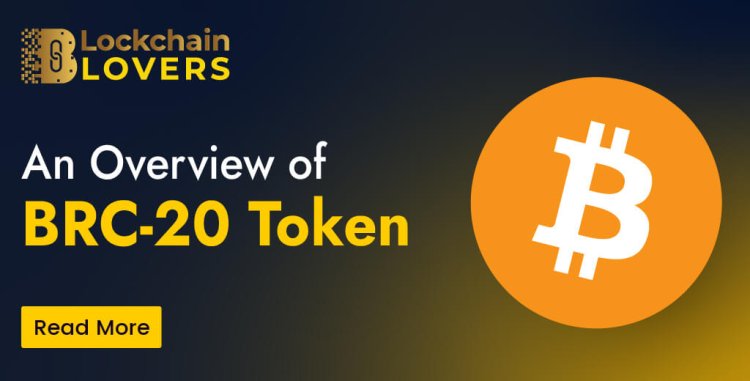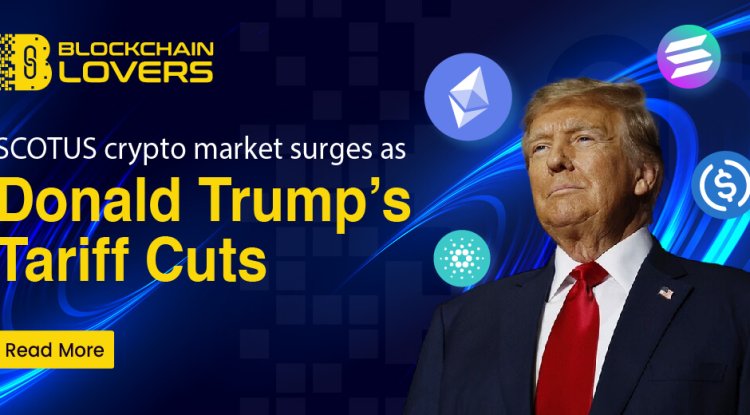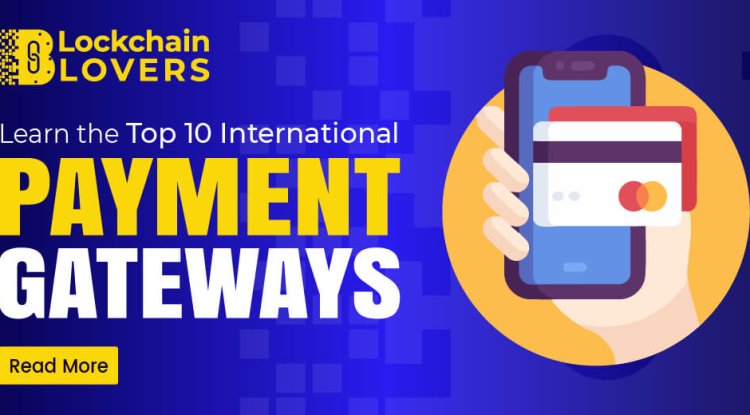An Overview of BRC-20 Tokens
BRC-20 (Bitcoin Request for Comment) token is a trial token standard, particularly designed to create fungible tokens on the Bitcoin blockchain. The BRC-20 standard, although experimental, has facilitated the appearance of altcoins and tokenized assets on the Bitcoin network.

Key Takeaways
BRC-20 (Bitcoin Request for Comment) token is a trial token standard, particularly designed to create fungible tokens on the Bitcoin blockchain.
The BRC-20 standard, although experimental, has facilitated the appearance of altcoins and tokenized assets on the Bitcoin network.
This article discusses the nature of BRC-20(Bitcoin Request for Comment) tokens, their benefits and limitations, and their potential impact on the Bitcoin ecosystem.
Introduction
The Bitcoin ecosystem has traditionally been viewed as a platform for decentralized digital currency transactions. However, recent innovations, such as the introduction of BRC-20 (Bitcoin Request for Comment) tokens, have broadened its potential applications. BRC-20 (Bitcoin Request for Comment) tokens represent a significant leap, introducing new functionalities and challenging the traditional perceptions of Bitcoin's capabilities. This article explores the concept of BRC-20 tokens, their benefits and drawbacks, and their potential influence on the broader blockchain landscape.
What Is the BRC-20 Token Standard?
BRC-20 (Bitcoin Request for Comment) token is an experimental token standard designed to create fungible tokens on the Bitcoin blockchain. Exchangeable units of fungible tokens possess the same value and functionality. The introduction of BRC-20 extends Bitcoin's utility beyond its role as a decentralized digital currency, allowing for the creation of altcoins and other tokenized assets on its blockchain. Essentially, BRC-20 provides a framework for developing new types of tokens on the Bitcoin network, similar to how ERC-20 tokens function on the Ethereum blockchain.
Taproot and Ordinals
The development of BRC-20 (Bitcoin Request for Comment) tokens was made possible by the Taproot upgrade and the Ordinals protocol. The Taproot upgrade increased the data capacity of Bitcoin blocks, creating the foundation for new protocols and functionalities. Casey Rodarmor, a software engineer, introduced the Ordinals protocol in January 2023. This protocol enabled data to be inscribed onto individual satoshis, the smallest units of Bitcoin, using a system known as Ordinal Theory. This ability consents to the manufacture of both fungible tokens and non-fungible tokens (NFTs) on the Bitcoin network.
How BRC-20 Tokens Work
BRC-20 tokens were introduced by a pseudonymous blockchain analyst known as Domo in March 2023. These tokens utilize the ordinal inscription mechanism for their creation and transfer on the Bitcoin blockchain. BRC-20 tokens do not rely on smart contracts like traditional token standards like ERC-20 on Ethereum. Instead, they are created by inscribing JSON files onto individual satoshis. This approach simplifies the process of token creation and transfer, as it does not require the deployment of complex smart contracts.
Pros and Cons of BRC-20 Tokens
Pros
1. Simplicity: BRC-20 (Bitcoin Request for Comment) tokens offer a straightforward tokenization mechanism that eliminates the need for complex smart contracts. This simplicity makes it easier for users to mint and transfer tokens without requiring extensive technical knowledge.
2. Network Security: BRC-20 (Bitcoin Request for Comment) tokens benefit from the robust security features of the Bitcoin blockchain. The decentralized nature, algorithmic technology, and proof-of-work consensus systems of Bitcoin work for the BRC-20 (Bitcoin Request for Comment) token's high level of security.
3. Growth Potential: Despite being experimental, BRC-20 (Bitcoin Request for Comment) tokens are gaining traction, with an increasing number of projects adopting this standard. The large and diverse user base of the Bitcoin network attracts developers, investors, and users, fostering further innovation and development.
Cons
1. No smart contract functionality: BRC-20 (Bitcoin Request for Comment) tokens do not support smart contracts like other token standards such as ERC-20 tokens. This limitation restricts the range of functionalities that can be implemented with BRC-20 tokens and can lead to inefficiencies.
2. Dependency on the Bitcoin Blockchain: BRC-20 (Bitcoin Request for Comment) tokens are dependent on the Bitcoin blockchain, which has inherent limitations such as low scalability, slow transaction speeds, and higher transaction fees. These constraints can impact the efficiency of BRC-20 token transfers.
3. Limited interoperability: BRC-20 (Bitcoin Request for Comment) tokens are designed specifically for the Bitcoin ecosystem, which poses challenges in terms of interoperability with other blockchain systems and crypto wallets.
4. Limited Utility: BRC-20 (Bitcoin Request for Comment) tokens are primarily designed for the tokenization of fungible assets. They are less suitable for non-fungible assets or for implementing complex token features.
5. Network Congestion: The use of BRC-20 (Bitcoin Request for Comment) tokens and Bitcoin NFTs can cause network congestion, leading to slower transaction confirmations and higher transaction fees.
The Future of BRC-20 Tokens:
Although the BRC-20 standard is still in its experimental phase, its growing acceptance and utilization suggest significant potential for growth in the medium and long term. The growth in the number of projects accepting the BRC-20 (Bitcoin Request for Comment) token has increased the possibility of bringing new use cases and innovative products to the Bitcoin blockchain. However, numerous threads need to be addressed for BRC-20 (Bitcoin Request for Comment) tokens to achieve extensive adoption. Network congestion, scalability concerns, and the lack of smart contract functionality are significant obstacles. Developers are exploring solutions such as Bitcoin Layer 2s and other scalability enhancements to overcome these challenges.
Closing Thoughts
BRC-20 (Bitcoin Request for Comment) tokens represent a significant quest to expand the functionality of the Bitcoin blockchain. The combination of the Ordinals protocol and the Taproot upgrade has enabled the creation of fungible tokens on Bitcoin, challenging the conventional narratives about the network's capabilities. Although BRC-20 tokens offer simplicity, security, and compatibility with the Bitcoin blockchain, the token standard is still experimental due to its limitations. The future of BRC-20 (Bitcoin Request for Comment) tokens will depend on addressing these limitations and exploring innovative solutions to fully realize their potential within the Bitcoin ecosystem.
What's Your Reaction?


















